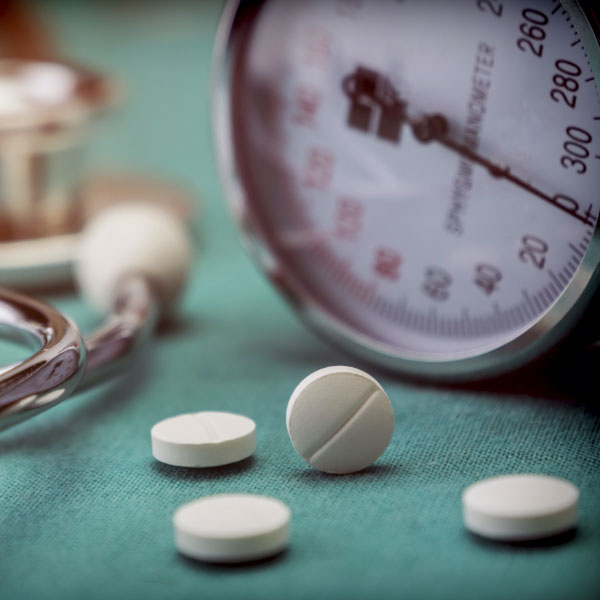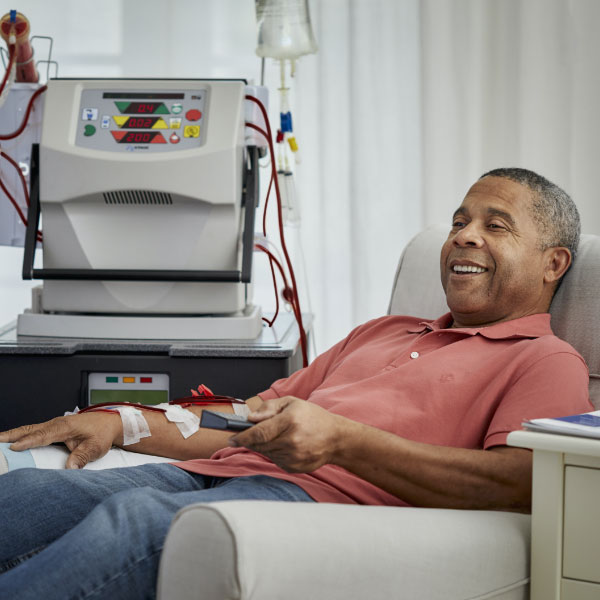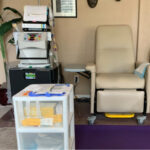Take the Pressure Off!
Eight Ways to Lower Your Risk of Hypertension.
Each year during National Kidney Month, organizations, companies, and communities focus on raising awareness about kidney disease, as well as its many causes and complications. For 2021, the National Heart, Lung, and Blood Institute (NHLBI) is calling attention to the dangers of high blood pressure, as well as ways to prevent and/or keep it in check.
High blood pressure (hypertension) overexerts artery walls throughout the body, which can damage blood vessels over time. The blood vessels in our kidneys help filter wastes, toxins, and excess fluid from our bloodstream, and if they are compromised, so is the filtering process.
For these and other reasons, high blood pressure is one of the leading causes of kidney failure, as well as an indicator of stroke and heart disease risk. But there is good news. With a bit of attention and a change in habits, hypertension is controllable, reversible, and/or preventable. Read on for eight helpful ways to keep high blood pressure from getting the better of you.













